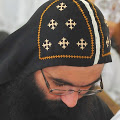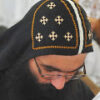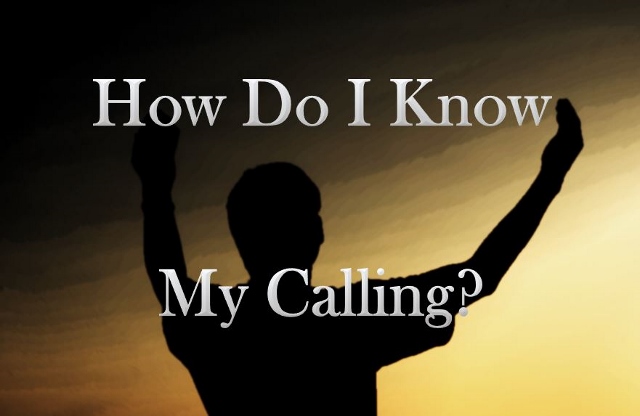It is an important question that most young people ask themselves, “How do I know if monastic life is for me? As it seems too hard, lifelong commitment, fasting, asceticism, obedience. Many young people think that something miraculous has to happen to them to know what is God’s will for me, especially when people read …
It is an important question that most young people ask themselves, “How do I know if monastic life is for me? As it seems too hard, lifelong commitment, fasting, asceticism, obedience. Many young people think that something miraculous has to happen to them to know what is God’s will for me, especially when people read in the desert fathers that a voice came to St Arsanius and told him “Arsanius flee from men and you will be saved.” But when we look deeper into the sayings we see that these were only exceptions and not the rule. St Anthony of Egypt had his calling in church during the reading of the Gospel during a liturgy. Many people were at church at the time but he felt it was speaking to him personally. St Pachomius the founder of communal life found his calling when he was well treated by good Christian families. St Moses the black after being baptised he asked to become a monk because of the good example of monks that he lived with. St Basil the great found his calling after being reprimanded by his older sister, Macrina.
We can see that all the above examples of callings are not extraordinary events but they are events that take place in all of our lives today. How many times did we go to church and hear the Gospel being read, or how many times were we reprimanded by a family member or a priest and we decided to take offence rather than listen to God’s call?
The Monastic calling is simply a choice you make just like a high school student making up his mind on what course he should get into. For someone who is into science and biology, will not last very long in an English literature course. If you give this person a simple essay or a poem to read, it would be the most agonizing experience. On the other hand if you show him a very complicated scientific experiment he will sit up straight and may spend days, trying to understand it, even though he is not familiar with half the scientific terms used, since he does not have the knowledge or the experience. What initiates his love to science are some simple experiments that he enjoyed at school or a good teacher who made him love this subject.
Likewise the monastic calling, it starts with enjoying simple spiritual practices like going to masses, spending 2-3 day retreat in a monastery, regularly praying the Agbia. Whenever this person is confronted with a harsh ascetical practice in ‘The Paradise of the Holy Fathers,’ he is not set back because he can’t match these practices but rather sees them as a challenge that enflames his heart for such a great spiritual life. These simple spiritual practices when they are placed in the right environment (monastery) it thrives and gives fruit. As one of our holy bishops once said “people look from outside at monasticism as being a hard path, which is true, but what they miss is that it is a path full of blessings and rewards.”
So to hear God’s voice clearly in this matter one must do two things. Regularly visit the monastery and participate in the life of the monks. When you are not in the monastery, you can still have a taste of the monastic life at home. Once you place yourself in this environment you can test yourself whether you are spiritually thriving or not. The other task that you must do is read and reread monastic literature. There is sufficient monastic literature in English translation to keep one reading for years.
For a very practical advice I will turn to one of Pope Kyrillos’s letter to a young man on how to live the monastic life at home.
“Start your day by worshipping God in prostration twenty or thirty times … do not stay too late outside; it is better not to be out after eight o’clock if possible, so that you can find time to read a little and to pray…”
Join Us: Sign Up Today!
Tags:











